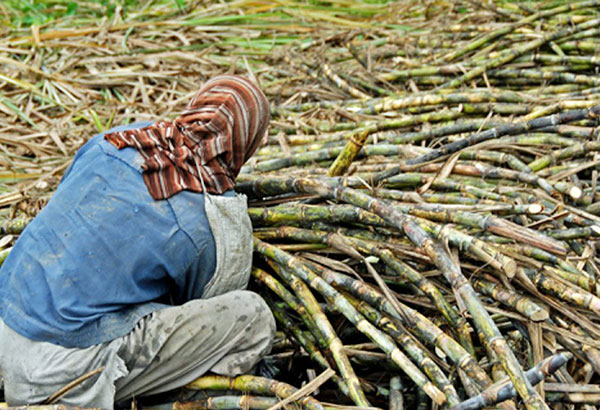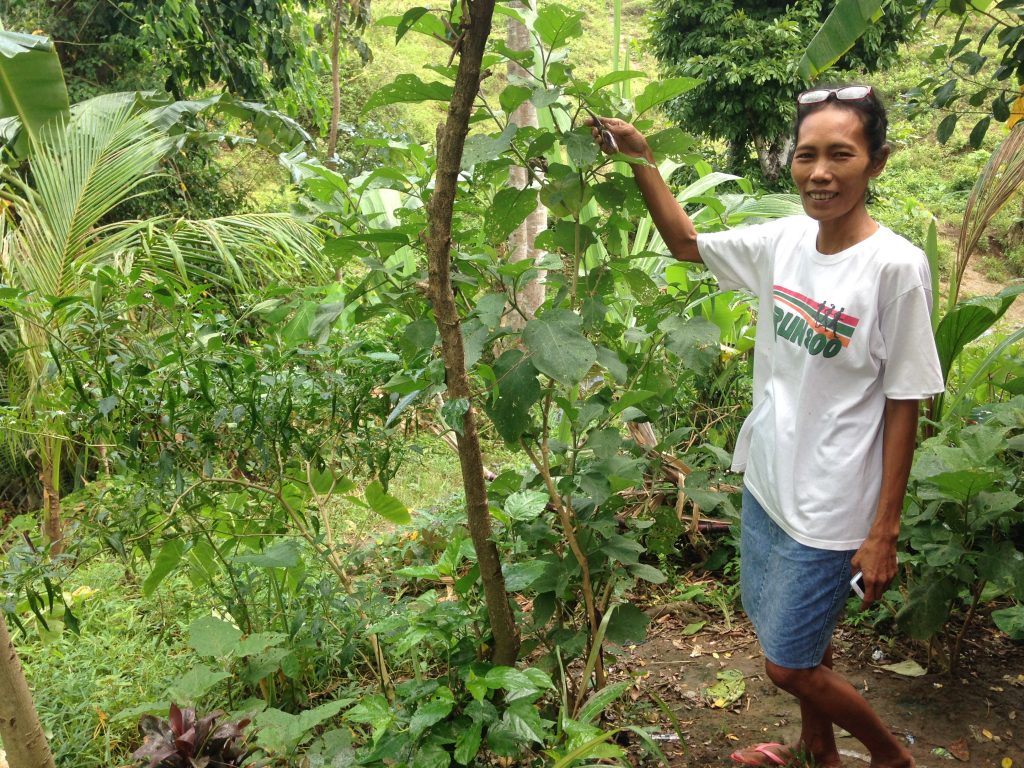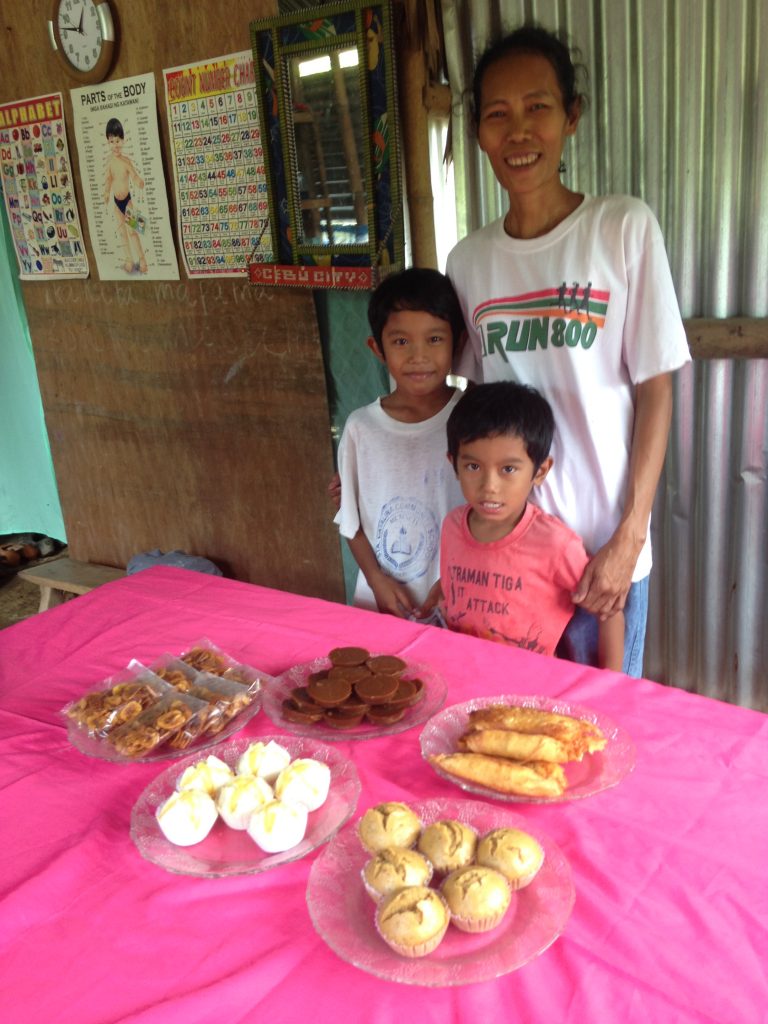The theme of 2017’s World Health Day was Depression.
Depression is the leading cause of ill health and disability worldwide. According to the latest estimates from WHO, more than 300 million people are now living with depression, an increase of more than 18% between 2005 and 2015.
Evidence indicates that depression is 1.5 to two times more prevalent among the low-income groups of a population*.
Teresita felt much older than her 44 years. Working alongside her husband, Rodolfo, as a sugar cane worker earned the couple a combined monthly income of US$63. Their eldest son, who still lives at home with his wife, contributes some of the money he earns as a sugar cane worker to the household income, but there was not enough to comfortably provide for the family of eight. With Rodolfo’s wife expecting a child, Teresita felt despair.

‘In my heart there was so much chaos, sadness and pain. I felt hopeless.’
Rodolfo and Teresita had sacrificed so all their children could attend school, but that sacrifice had led to their children working alongside their parents in the sugarcane field. Would her grandchild grow up and become a worker in the fields without income as well? As Teresa’s depression and frustration grew, her energy and patience waned. Teresita stopped cleaning her home, it became dirty and unkempt, with garbage cluttering the surfaces.
Despite feeling lethargic, when Teresita heard about ICM’s Transform program, she chose to attend. It was a 3o- minute walk to each lesson, but Teresita needed to try to change the future it seemed her family was heading towards.
Over the next 16 weeks, Teresita learned Values, Health and Livelihood lessons that allowed her to make improvements to her relationships, attitude, home and income. ICM provided her a leaflet that shared how she learned to cure her children’s illnesses with herbs and natural medication, like garlic and Lagundi plant. Teresita recalls, “It was really convenient having a copy of the herbal medicines the health trainer gave.”
Teresita learned the importance of hygiene in the home. Because the lessons did not make her feel guilty or defensive, she started to follow the suggestions on keeping her home clean and felt like she was accomplishing something when her home was tidy. “The trainers reminded me with the health lessons without the hint of judgement after seeing my house. And because of that I started to tidy things up outside and inside of our house. It felt good and I can breathe nicely having a clean house appreciating the importance of having clean surrounding.”

After the livelihood lessons Teresita eagerly applied her learnings especially the skills in cooking, seed banking and planting vegetables. Although she did not have a flat garden area, Teresita bought seeds for a garden in order to provide her family healthier meals. She recalls, ‘My vegetable garden is not that big and the area is sloping down the hill, still I managed to plant vegetables and eventually serve them to my family. My children loves eggplant so I did seed banking to be able to continue plant eggplants in my garden.”
Teresita began rising early to make five different snacks that she sells among her community. “I am happy I started selling snacks, with our little income working as farm laborers we cannot afford buying good food or some needs in the house. I am really motivated to continue in selling snacks appreciating what I have earned from this. I can now provide enough allowance to my children, and serve better food during meal time, I can now buy pork, chicken and ham, I have already bought the utensils for my business and have saved money.”

Teresita’s days now have purpose and she has hope for her family and their futures. She continues to sell her snacks and grow vegetables, with the aim of expanding her business and moving her entire family to better jobs and a better life.
In 2015-16 ICM was able to provide help, inspire hope and create change in 34,706 ultra poor families across the Philippines. ICM’s Transform program is a 16-week learning experience that expands the capabilities that the ultrapoor need to flourish. Weekly, ICM Health and Livelihood trainers join the pastor as they teach ICM’s interactive Values, Health and Livelihood curriculum.
By Julie Jane D Adiong, ICM Communications Officer
*http://www.who.int/mental_health/policy/development/1_Breakingviciouscycle_Infosheet.pdf
